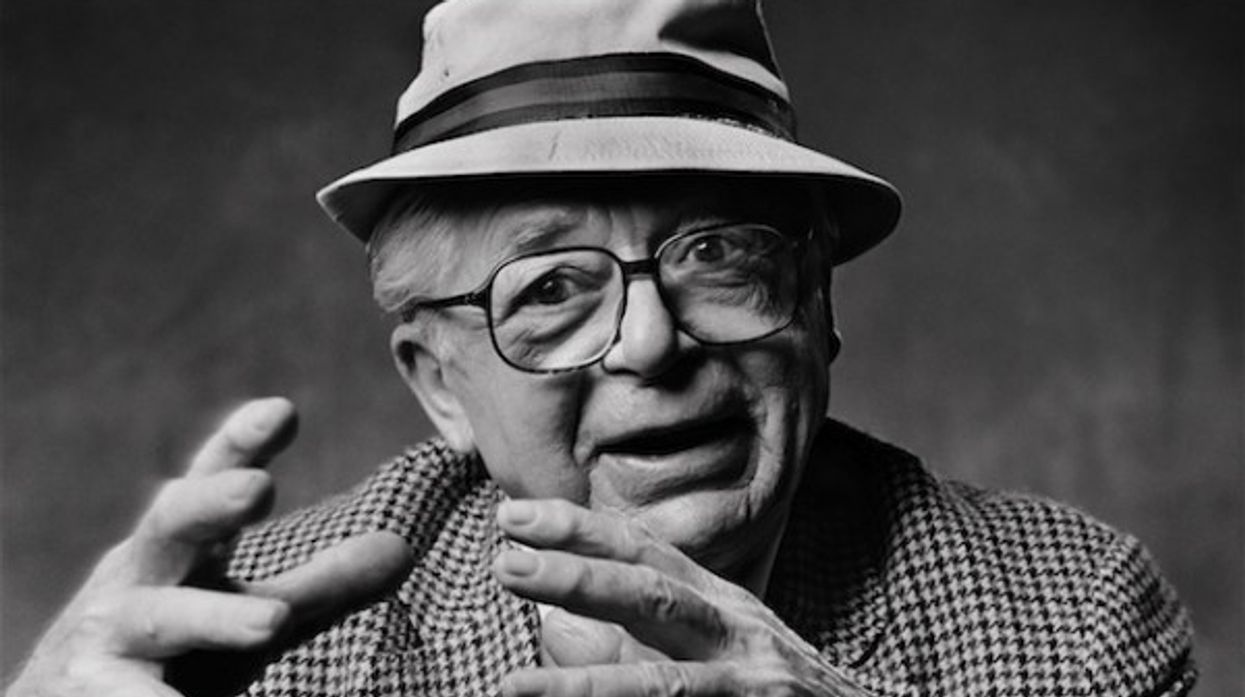Billy Wilder's Top Ten Screenwriting Tips
Learn timeless lessons from the master of comedy and drama and really... everything.

Billy Wilder is one of the greatest filmmakers of all time. Throughout the course of his career, he was the writer and director behind the films Sunset Boulevard, Some Like it Hot and The Apartment, won six Oscars, and completed over fifty other projects. One of my favorite books, Conversations with Wilder, chronicles his journey as a writer. Some of us even think he might be the greatest screenwriter of all time.
Today I want to go over Wilder's ten screenwriting tips so we can all glean some wisdom from a lost master.
I've talked about happiness and writer's block on the blog here before but hearing that even the most successful people deal with the struggle. "No good deed goes unpunished," was coined by Billy Wilder, and it really does reflect back on how hard it is to create something from nothing on the page.
If you have the time, you should watch his full interview with the WGA from right before he passed away.
I also found this excellent NPR interview from 2006 that follows Wilder's journey up the ranks of directing and the wisdom he imparted to Cameron about writing.
Some of the tips are straightforward but they show real respect for the craft and for the audience. Wilder was a master craftsman when it comes to audience manipulation. He knew how to make you laugh, put you in an uncomfortable situation and get you on the edge of your seat.
Here are some of Wilder's screenwriting tips - I hope they help you crack your next project!
Top 10 Screenwriting Tips From Billy Wilder
- The audience is fickle.
- Grab 'em by the throat and never let 'em go.
- Develop a clean line of action for your leading character.
- Know where you're going.
- The more subtle and elegant you are in hiding your plot points, the better you are as a writer.
- If you have a problem with the third act, the real problem is in the first act.
- A tip from Lubitsch: Let the audience add up two plus two. They'll love you forever.
- In doing voice-overs, be careful not to describe what the audience already sees. Add to what they're seeing.
- The event that occurs at the second act curtain triggers the end of the movie.
- The third act must build, build, build in tempo and action until the last event, and then—that's it. Don't hang around.
From Conversations with Wilder by Cameron Crowe.
I hope these lessons made you more excited to crack open the Screenwriting Software and to craft your fight scenes and love scenes honestly, and let the irony follow.
Which of Wilder's tips stand out as the best to you?
Have any favorites?
Let us know in the comments.
Source: Screencraft














